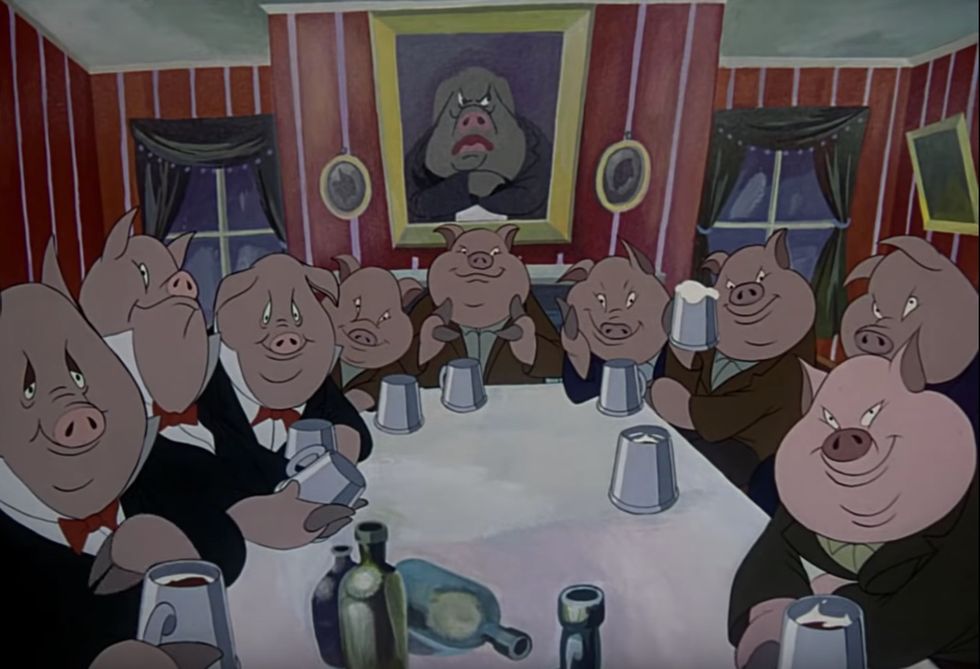Women's Sex Lives Don't Define Us
One would think we've advanced far enough as a society that this statement wouldn't be controversial, but women's struggle to be seen as complex individuals continues to play out when it comes to sex.
This is a response to The Slut Spectrum
Sexual intercourse in itself is neither empowering nor disempowering, neither moral nor immoral, and it’s about time we detach women’s sex lives from an accurate assessment of our characters.
Now, by no means is this a straightforward process.
Rejecting sex as a feature of our morality means dismantling a critical arm of patriarchal oppression. Historically, the burden of upholding sexual ethics fell disproportionately on women through the vehicle of purity culture. Derived from Christian theology, purity culture essentially promotes the idea that sex outside of marriage (without the intent of procreation) is sinful, attaching moral values to an otherwise natural and neutral physical act. In its most harmful forms, purity culture punishes female victims of sexual violence while excusing its perpetrators. In this way, Christian sexual ethics harm and dehumanize women if they don’t follow follow a strict code regarding sexuality.
This isn’t to say that abstinence in itself is bad. It’s a deeply personal choice that should be respected. The issue lies in purity culture forcefully taking away individual agency over sexuality by turning it into a meter of moral character.
This aspect is especially evident in phenomena like the Madonna-whore complex, which reduces women’s complexity into two offensive categories. We are either a chaste, sweet “Madonna”, or a promiscuous, manipulative “whore”. While men’s sexual activity is left alone and uncategorized, women’s sexual activity is constantly monitored and moralized, reduced to being either virginal or vulgar, a binary that fallaciously assumes there’s a link between the number of sexual partners and a woman’s mental and moral qualities.
With the rise of intersectional feminism, we fall intro the trap of thinking that this archaic false dichotomy is far behind us. In reality, it has simply mutated, exchanging its formerly religious undertones for trendy “girl power” rhetoric. The pendulum has now swung from demonizing women’s sexuality to framing it as empowering, a way for women to seize back control over our bodies and sexual desires. While the sentiment is commendable, it again makes the error of falsely linking a neutral physical activity (sex) with a defining characteristic (power). Although it’s moving away from puritanical morality, it’s irrational to think that pulling a sexual ethics bait-and-switch will somehow materially empower women. Sex in itself cannot be empowering for women, simply because empowerment involves actual advancement in women’s status, including us having recognized rights and voices, none of which engagement in sex provides. We need to break away entirely from the constraints of sexual ethics and desirability politics, not simply swing the pendulum from one end to the other.
By separating sex from false ideas of morality and power, we make sure that women aren’t defined by a single lifestyle choice, and that we can be seen as more than withholders or givers of intercourse. In turn, perhaps we can be seen as nuanced individuals, and not objects boiled down to a single physical act.


























